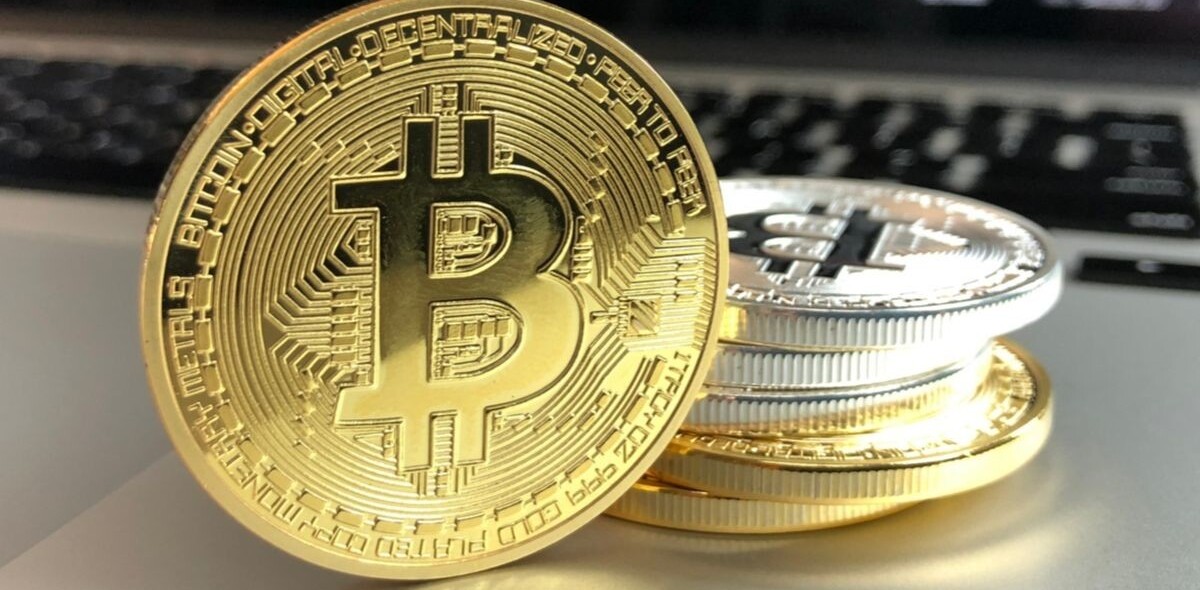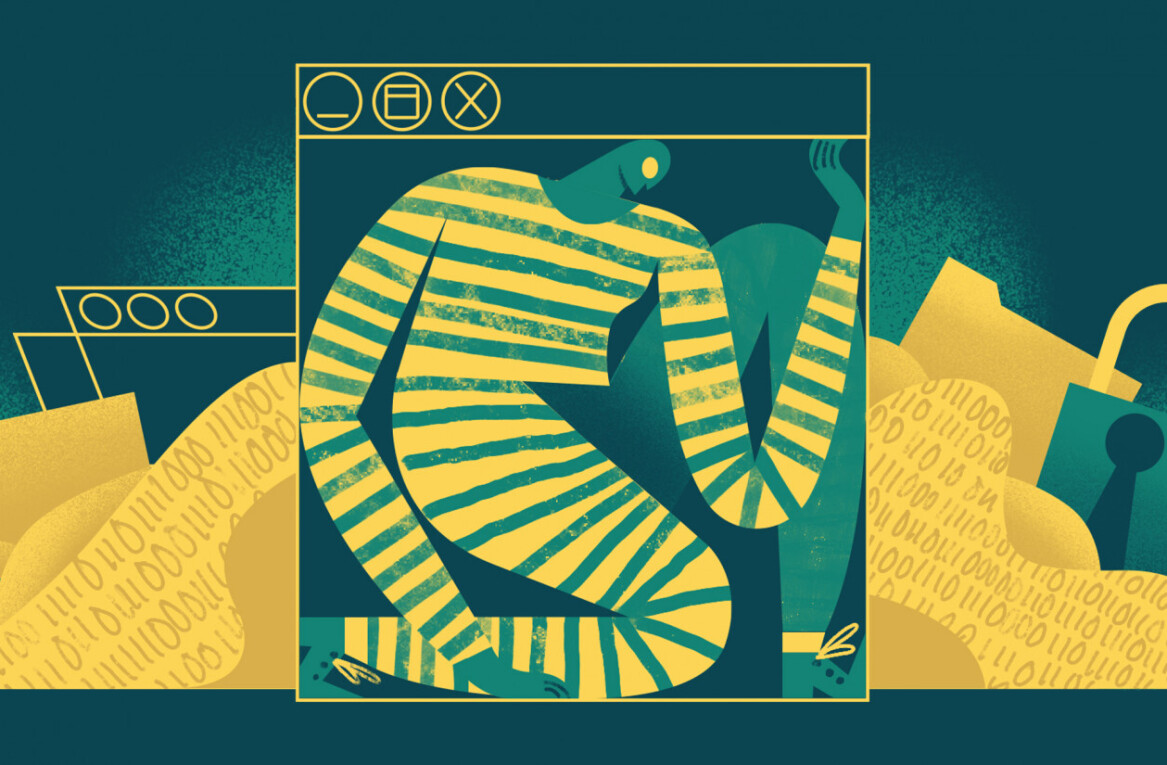The UK public has overwhelmingly rejected government plans to increase the maximum term for online copyright infringement to 10 years.
A consultation by the Intellectual Property Office (IPO) saw 98 percent of respondents argue that the sentence would be too harsh, particularly as it is not seen as “a serious crime.”
While the change would bring online copyright laws in line with those around physical infringement, people responding to this point argue that the level of investment required, and the intent, are not typically comparable.
“Physical requires a sophisticated set up, whereas online can be done quickly, without specialist equipment and sometimes unwittingly,” the IPO document said in summary.
While supporters, including the UK’s leading creative industry bodies, suggest that this would act as “powerful deterrent” to potential infringers, the extent to which people operating at a small scale cause genuine harm has been called into question.
The majority of the 1,032 responses came via a campaign from the UK’s Open Rights Group (ORG).
ORG said of the consultation when it went live:
New proposals to make online copyright infringement punishable by ten years in jail risk punishing users who share links and files online more harshly than ordinary, physical theft.
Overall 1,011 people objected to the new law outlined in the consultation, with just 21 agreeing that the rules should be updated.
In response to this, the government said:
This proposal has clearly struck a chord with many stakeholders, which is reflected in the high number of responses. As a result, the government is now carefully considering the best way forward. However, the government remains committed to tackling those engaged in online criminality.
Jim Killock, Executive Director of ORG, told The Next Web:
Copyright infringement can happen unwittingly, even commercially. Online it is trivial. With this law, there is little definition about what counts as criminal infringement and could therefore trigger threats of criminal charges and jail sentences.
If the government or rights holders want to suggest a harsher punishment, then they should draft something which ensures criminal infringement is limited to deliberate, knowing infringement for substantial commercial gain.
The response to the consultation is not legally binding but the government is clearly mulling over its next move, given the overwhelmingly negative response to the change.
➤ Changes to penalties for online copyright infringement [Gov.uk via Torrentfreak]
Get the TNW newsletter
Get the most important tech news in your inbox each week.





